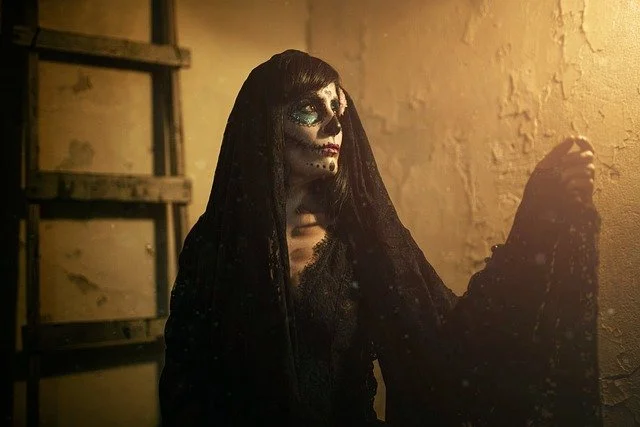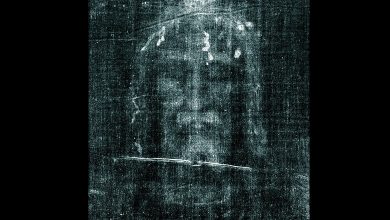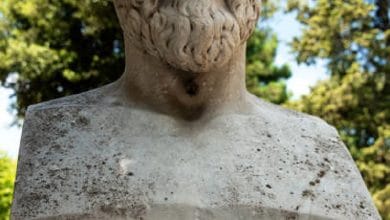Do you think you hear the voice of the dead? This is what scientists think

Those who regard themselves as clairaudient have a higher proclivity for high levels of participation, atypical auditory experiences in infancy, and a higher sensitivity to auditory hallucinations than the general population.
This finding, according to the researchers, may aid in a better understanding of the unpleasant auditory hallucinations that accompany mental diseases like schizophrenia. Anthropology exploring religious and spiritual experiences, as well as scientists studying pathological hallucinatory experiences, are both fascinated by spiritualistic experiences of clairvoyance and clairaudience.
Researchers are particularly interested in learning why some persons who have extraordinary audio experiences often claim to have had spiritual experiences. On the other hand, others see hallucinations as more distressing than otherworldly and are diagnosed with a mental disorder.
Spiritualists are more likely to describe uncommon audio experiences, which usually convey a good message. “Another distinguishing trait of such hallucinations is that they begin at a young age, and individuals who have reported experiencing them on a regular basis can control them,” said Northumbria University psychologist Peter Moseley. “Knowing how they grow is crucial since it may help us understand more about distressing or uncontrolled hearing voices instances.”
In total, 44.6 percent of the Spiritualists polled claimed they hear voices every day, and 79 percent stated the encounters are a part of their everyday existence. While the majority of people heard voices in their brains, 31.7 percent also heard voices outdoors.
Spiritualists indicated substantially higher levels of paranormal belief and less concern for what other people thought of them than the general population. Spiritualists were also more likely to have auditory hallucinations while they were young, usually around the age of 21, and to have a high degree of absorption. This is a phrase that refers to complete absorption in mental processes and behaviors and how well one tunes into the environment around them.
People who identified as Spiritualists also claimed to be more susceptible to hallucinatory experiences.
High levels of absorption were substantially connected with believing in the paranormal in the general community, which was another key component.
According to the researchers, such findings show that “voices of the dead” encounters are unlikely to be the consequence of cultural influence or suggestibility due to paranormal belief. People who claim to hear “voices of the dead” believe in the hereafter because it matches their experience and personal significance.




